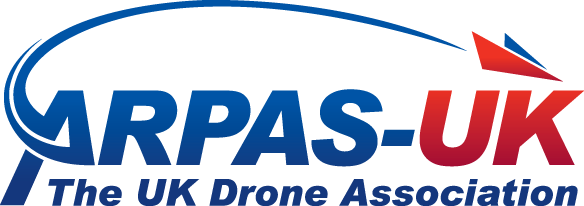With each minute vital for a victim during a cardiac arrest, the Region of Peel will take part in a pilot project in Caledon using voluntary community CPR responders and Automated External Defibrillators delivered by drones.
Despite improvements in CPR quality, drug administration and airway management, cardiac arrest survival in most communities is “abysmal,” according to Dr. Sheldon Cheskes, medical director at the Sunnybrook Centre for prehospital medicine.
Early use of Automated External Defibrillators (AED) and bystanders performing CPR have significantly improved outcomes, Cheskes added.
However, 85 per cent of cardiac arrests happen in the home and cardiac arrests that occur in public places only have an AED applied 15 to 20 per cent of the time, Cheskes said.
Peel Health statistics indicate there are three to four cardiac arrests in the region every day. During cardiac arrest, for each minute that passes between the time a person collapses and defibrillation in applied survival rates decrease seven to 10 per cent.
“In 25 years, this is the most innovative thing we’ve come up with,” Cheskes said at a recent meeting of regional council.
Cheskes is the lead researcher on Improving Outcomes from Out of Hospital Cardiac Arrest: The Community Responder AED Drone Program. It involves the University of Toronto, St. Michael’s Hospital and the Canadian Resuscitation Outcomes Consortium, a group of resuscitation researchers and emergency medical services partners.
For the pilot project, about 150 volunteers will be recruited, screened and trained on using an AED and connected to the FirstAED mobile app, that will be used by the central ambulance communications centre to link test calls to the nearest volunteer.
The FirstAED mobile app will alert volunteer community CPR responders to someone who needs CPR, said Cheskes. The app will provide instructions and directions to the cardiac arrest victim.
The AED will be delivered by a drone, which can travel 125 km/h. Cheskes said a recent study found drones are able deliver an AEDs ahead of median 911 response times and up to 10 minutes in rural areas.
“Canada is a leader in drone technology,” Cheskes said. “It’s really an innovative approach.”
Paramedic Services, along with Drone Delivery Canada, will take part in a series of test flights in Caledon, with drones travelling from paramedic station to predetermined destinations, according to a report from Nancy Polsinelli, the region’s commissioner of health services.
Test flights will include a recorded mock scenario of cardiac arrest that involves delivering a drone to a potential AED volunteer, the report added.
Caledon Mayor Allan Thompson called the technology “really important” and could be “extremely useful” helping people who experience cardiac arrest hiking on the Trans Canada Trail and other areas of the Niagara Escarpment where there are no roads for ambulance services.
